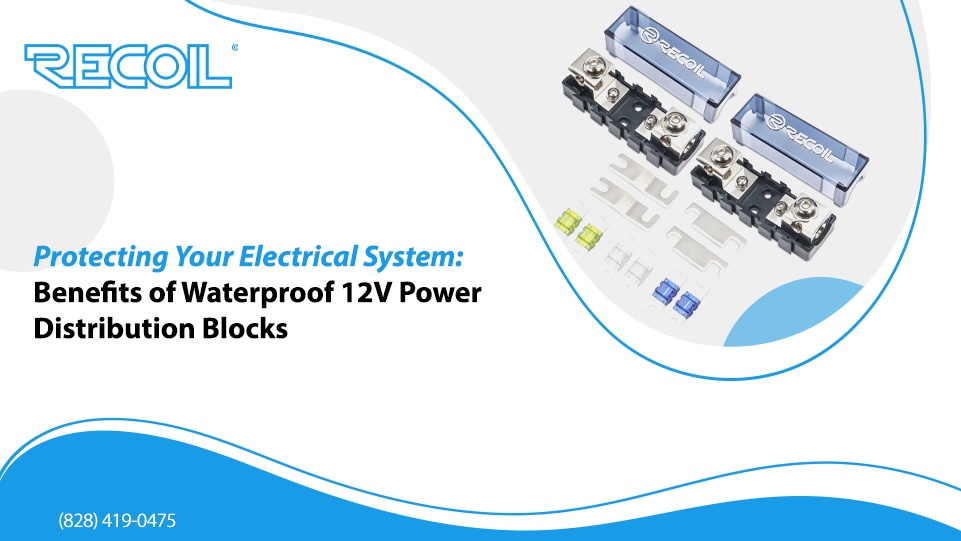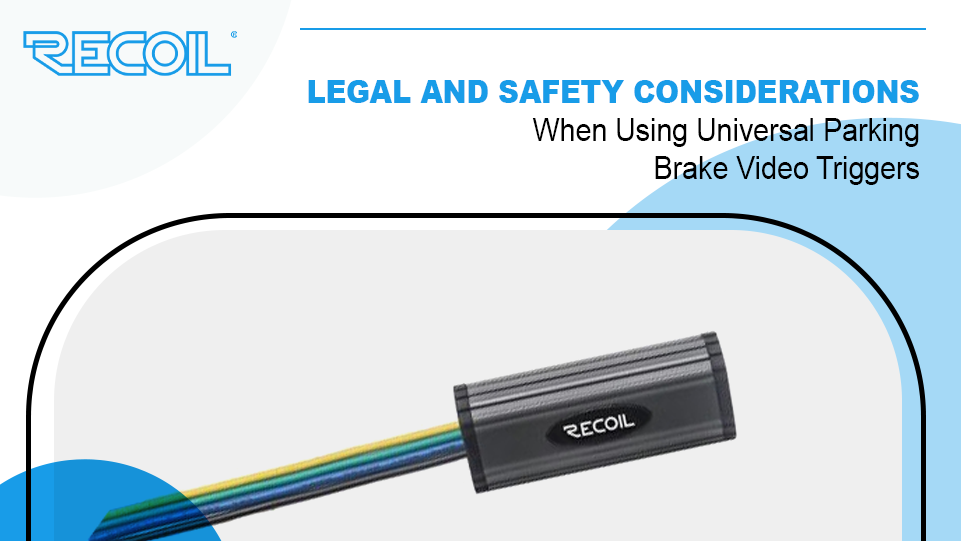Power Distribution Simplified: Remote Battery Terminals and Waterproof Busbars

Power distribution is critical to any electrical system, ensuring a seamless energy flow to various components. This article delves into the simplified solutions offered by remote battery terminals and waterproof busbars, two key elements that play pivotal roles in enhancing the effectiveness and reliability of power distribution systems.
Enhancing Connectivity: The Role of Remote Battery Terminals
When considering robust power distribution, remote battery terminals emerge as indispensable components. These terminals facilitate the connection between batteries and the broader electrical system, serving as the linchpin for a smooth energy flow. Unlike conventional setups, where batteries are directly linked to the system, remote battery terminals offer strategic placement options.
Remote battery terminals come into play when the need arises for a decentralized power source, a common requirement in diverse applications such as marine vessels, off-grid solar setups, and recreational vehicles. Positioning batteries strategically allows for optimized weight distribution and efficient space utilization, factors crucial in compact or mobile settings.
In marine applications, remote battery terminals find their niche in ensuring reliable power supply to essential onboard electronics. The flexibility in installation and placement allows for a tailored approach to meet the specific demands of each vessel. This adaptability is further complemented by the waterproof design of these terminals, ensuring durability in the challenging marine environment.
Waterproof Busbars: A Shield Against the Elements
While remote battery terminals address the decentralized connectivity aspect, waterproof busbars step in as guardians of the electrical pathway. The term ‘busbar’ refers to a metallic strip or bar that conducts electricity within a system. The integration of waterproofing technology transforms these busbars into resilient protectors, capable of withstanding harsh environmental conditions.
Waterproof busbars offer a dual advantage by ensuring the secure transmission of power and safeguarding the electrical connections from the detrimental effects of moisture, a common adversary in various settings. The inherent waterproofing mechanisms, often involving robust seals and coatings, fortify the busbars against corrosion and other forms of degradation.
These busbars find their application in various scenarios, from industrial setups where exposure to liquids is unavoidable to outdoor installations subjected to unpredictable weather patterns. The reliability of waterproof busbars extends the lifespan of the entire power distribution system, making them a vital component in the pursuit of maintainable and long-lasting electrical solutions.
Strategic Integration for Optimal Performance
The strategic integration of remote battery terminals and waterproof busbars amplifies power distribution systems’ overall performance and reliability. It’s imperative to recognize that these components are not standalone solutions; their effectiveness lies in their seamless collaboration within a larger framework.
In scenarios where mobility is a key consideration, such as in recreational vehicles or off-grid installations, the combination of remote battery terminals and waterproof busbars becomes a game-changer. Positioning batteries remotely ensures efficient weight distribution, enhancing stability during travel or relocation. Simultaneously, waterproof busbars ensure that the electrical connections remain impervious to the challenges posed by the external environment.
Ensuring Durability in Challenging Environments
The durability of power distribution systems becomes a paramount concern, especially in settings where exposure to the elements is inevitable. Whether a marine vessel navigating through unpredictable seas or a solar power setup in an open field susceptible to changing weather conditions, the robust design of remote battery terminals and waterproof busbars becomes crucial.
Remote battery terminals, often constructed with corrosion-resistant materials, withstand the eroding effects of saltwater in marine environments. This durability ensures a stable power supply, mitigating the risk of electrical failures that could compromise the safety and functionality of essential onboard systems.
The waterproofing mechanisms employed in busbars shield against moisture and act as a barrier against dust, debris, and other contaminants. This resilience is particularly advantageous in industrial settings where a pristine electrical connection is imperative for the seamless operation of machinery and equipment.
Conclusion:
Integrating remote battery terminals and waterproof busbars simplifies power distribution by addressing key challenges and enhancing the overall efficiency of electrical systems. The strategic placement of batteries and the protective capabilities of waterproof busbars create a synergy that ensures durability and reliability in diverse environments. As technology continues to evolve, these simplified solutions play a pivotal role in shaping the future of power distribution across various industries.






